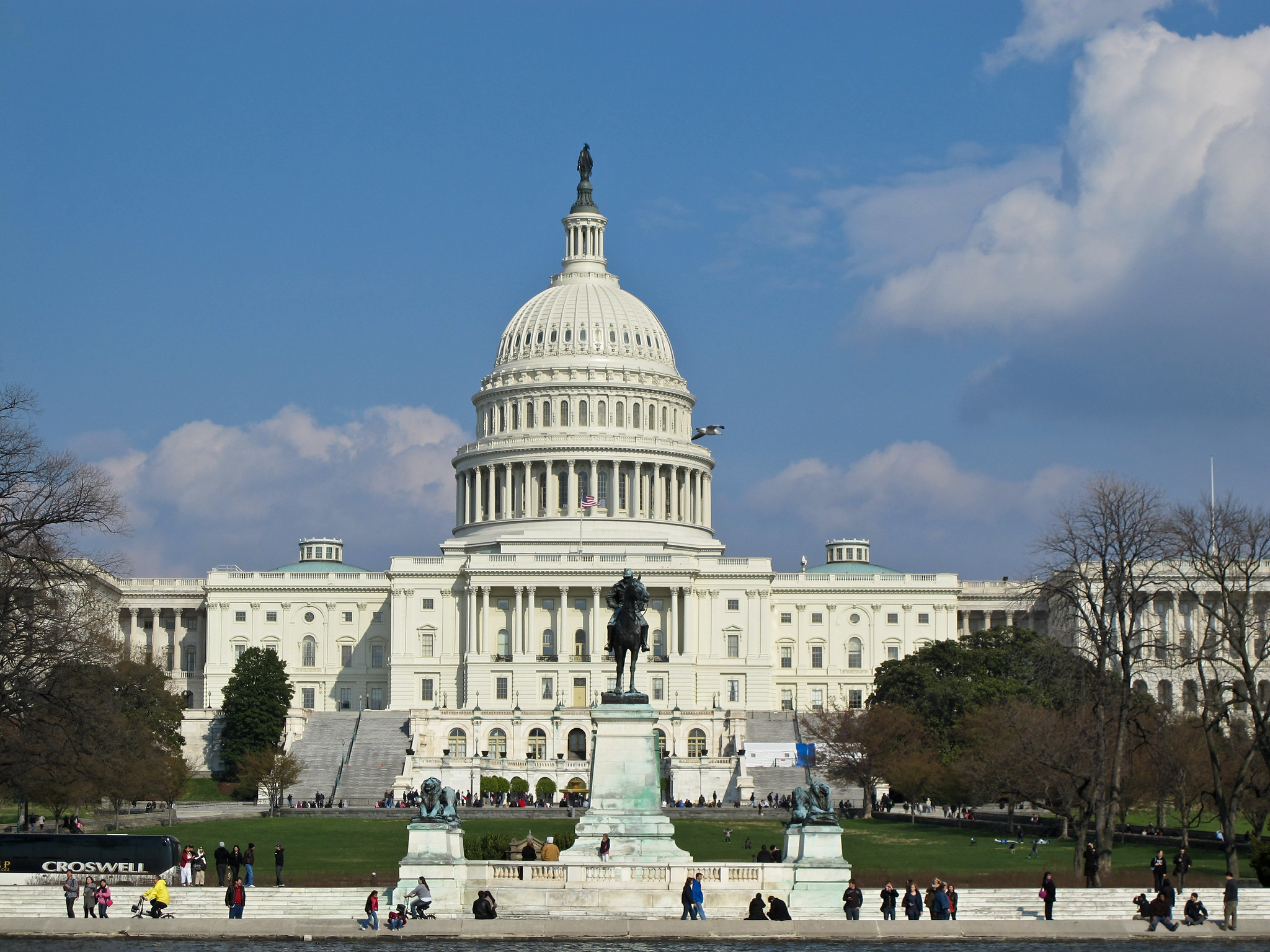America has arrived at a crossroads in regard to our transportation system: Our roads are crumbling, our public transit systems are failing, and carbon emissions are exacerbating the climate crisis.
Changing the faulty policies that led to this unhappy situation requires strategic, innovative and concerted congressional activism. Otherwise, we simply will perpetuate these problems and inequities plaguing our communities.
It is past time to have a frank conversation about our national transportation policy.
The national challenges we see are the direct result of the antiquated model that we have applied to meeting our transportation and connectivity needs. We need a new model: Simply throwing more money at a deteriorating transportation system will not help us get to the root of the problem, nor will it help us devise smart solutions to address the connectivity challenges facing our communities.
Billions of dollars are spent each year to subsidize modes of transportation that fuel inequities and fail to efficiently connect people of all abilities to critical jobs and services. Providing funding for new roads, while neglecting the maintenance of existing ones, is not an effective way to strengthen our nation's infrastructure. We have to stop measuring success simply by how much we spend on transportation. If we don't start evaluating how to spend our money more wisely and equitably, our transportation systems will only worsen — hurting our communities and our economy.
That’s why we have formed the Future of Transportation Caucus — which is dedicated to convening all communities and stakeholders, especially those most adversely affected by the current system. Collectively, we can create a vision for the future of our transportation system that prioritizes maintenance of our existing infrastructure, safety, and guaranteed equitable access to jobs and services. The three of us, in partnership with members of our caucus, will work together to engage stakeholders and reimagine policy solutions that will meet modern-day demands.
It’s time for Congress to create and implement a new vision for transportation, one in which everyone can affordably, reliably, and safely reach their destinations — a progressive, forward-thinking vision that centers on our communities’ needs for a more equitable, accessible, and sustainable transportation system that leaves no one behind.
Congress can take bold, transformative steps to significantly improve the role that the federal government plays in determining our national transportation priorities.
We can make our transportation system more equitable — by ensuring that dedicated dollars reach the projects in communities that need them most and by holding states accountable to these directives.
We can make our transportation system more accessible by bringing a diversity of voices to the table and removing barriers that prevent us, including those with disabilities, from safely reaching our destinations.
And we can mitigate the effects of climate change and protect the health of our communities by building a sustainable, resilient transportation system for present and future generations.
Communities across the country are evolving rapidly. Now is the time to challenge the status quo, revisit the core assumptions and policies underlying our transportation system, and fundamentally reimagine transportation solutions that will help us achieve sociopolitical and environmental justice in America.
Reps. Ayana Pressley (D.-Mass.), Jesús "Chuy" García (D.-Ill.), and Mark Takano (D.-Calif.) lead the Future of Transportation Caucus in the U.S. House of Representatives.






